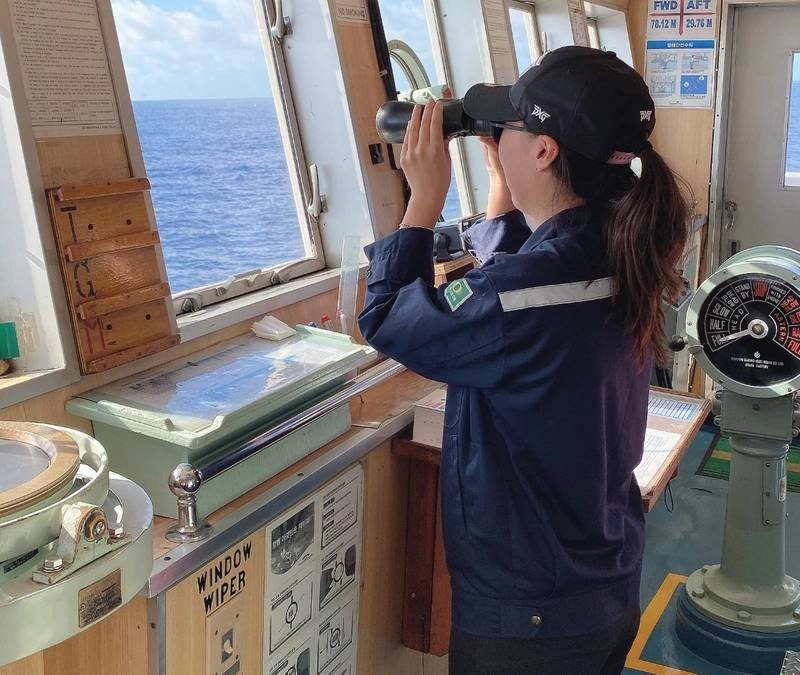The ILO has released Draft Guidelines on the Fair Treatment of Seafarers Detained on Suspicion of Committing Crimes, set to be discussed at a meeting in Geneva in November 2024. These guidelines are aimed at ensuring that seafarers detained for alleged crimes are treated fairly by public authorities, taking into account the unique nature of their work that often involves multiple jurisdictions.
The primary objective of these Guidelines is to safeguard the rights of detained seafarers, including minimizing the duration of detention and ensuring compliance with the legal frameworks of relevant port or coastal States. It emphasizes that these Guidelines do not seek to interfere with law enforcement processes, but rather to protect seafarers from coercion or intimidation during investigations.
In addition to protecting seafarers’ rights, the Guidelines recommend that investigations of crimes should not impact their basic entitlements such as lodging, payment of wages, medical care, and repatriation when possible. It is important to note that these Guidelines should be interpreted in alignment with the Universal Declaration of Human Rights and other international human rights instruments.
Recognizing the importance of preventing seafarers’ involvement in criminal activities, the Guidelines suggest considering security procedures outlined in the International Ship and Port Facility Security Code. It is essential to take appropriate measures to ensure that seafarers are not inadvertently connected to unlawful activities. Interested parties can access the full guidelines by downloading the document from the provided link.
Share it now


















